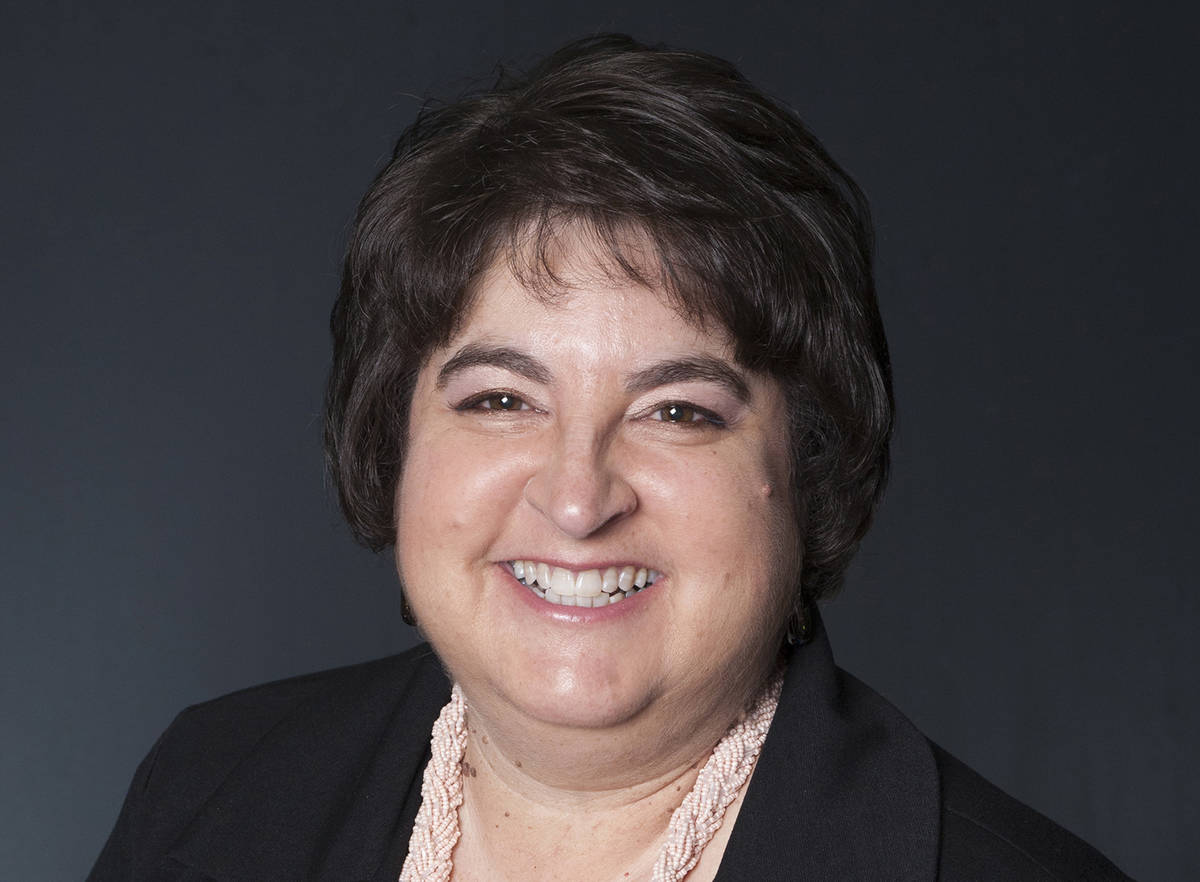Who is that masked man?
The other day, my husband and I had to run out to the grocery store to pick up a few things. In these days of COVID-19, it was certainly a different experience than it had been before.
As we were checking out, we were chatting with the cashier, and, as often happens, my hubby decided to tell a joke.
Only this time, the joke wasn’t really funny. It was more of an observation about how times have changed.
He commented about how having people come up to the cashier wearing a mask was much less scary than those who were not wearing masks.
While employees are being required to wear masks when at work, and customers are being asked to, not all people choose to don face coverings.
For most of us, the only time we saw people wearing masks — aside from at Halloween — was when they were performing medical procedures that require a sterile environment.
Occasionally, travelers from the East were seen wearing them, and we saw them in abundance when watching old Westerns or crime programs on television or at the movies. I’m sure no one can imagine what the Lone Ranger would be like without his trademark mask.
Naturally, there are merits to both sides of the debate, pro- and anti- mask. But more than that, it brings to mind questions about what will be considered normal in the future. I’m guessing that we won’t even pause or give a second thought to seeing people wearing masks.
Here’s why.
Way back in early 2001, we were able to fly without giving much thought to what we were packing in our suitcases, what was in our carry-on luggage or what we were wearing. As long as we had the appropriate passes and tickets, we just boarded our planes and were on our way.
But after the terrorist attacks, the Transportation Security Administration was created and began limiting what we were allowed to take with us on a plane. Families were no longer able to see us off at the gate and watch the plane take off. And you couldn’t even get to the departure gate without passing an inspection.
It was a strange experience and many folks balked at the changes and why they were instituted.
Today, however, they have become commonplace and it’s hard to remember what things were like before the TSA was put into action.
No matter what happens in the coming weeks, as fewer cases of COVID-19 are reported and restrictions begin to ease, I don’t believe we will ever return to life as it was before the pandemic.
Already government and business leaders are talking about putting procedures into place to ensure our health, such as taking our temperature before we enter a building. Eventually, we will forget that thermal scanners were not standard everywhere or that you didn’t have to make sure there was a mask and box of disposable gloves in every vehicle.
So I wonder, will we be able to visit friends in person? Will we be able to hug? Will we be able to share a bottle of wine and toast to the future? Will home-baked treats at the holidays become a thing of the past? At this point nothing is certain except there is much uncertainty in our futures.
Hali Bernstein Saylor is editor of the Boulder City Review. She can be reached at hsaylor@bouldercityreview.com or at 702-586-9523. Follow @HalisComment on Twitter.







